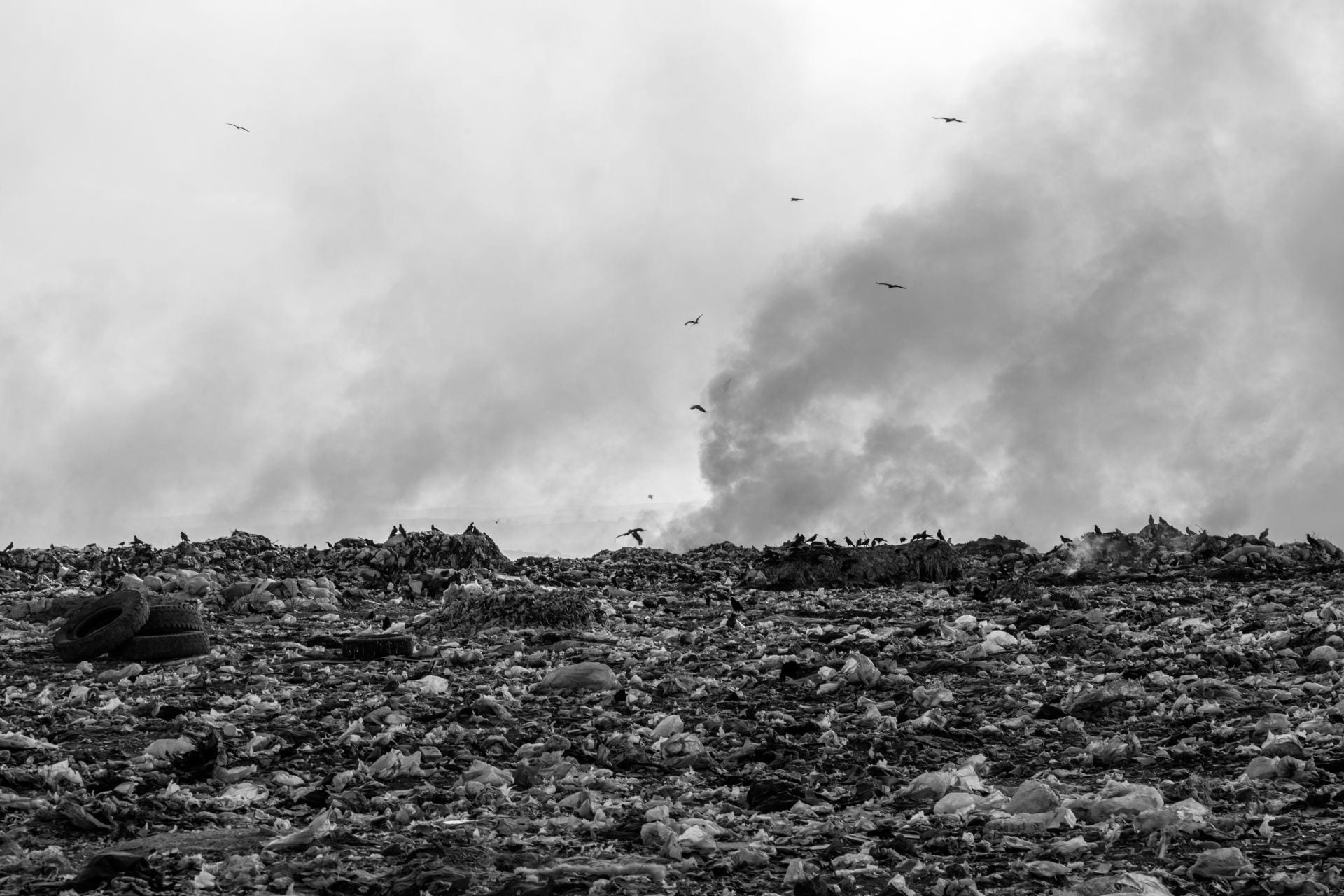What can I do with my food waste?
In an ideal world, food waste would be prevented, but what happens to food waste that you can’t avoid?
Here we explore how food waste can be transformed from rubbish to a resource through processes like composting, worm farming, anaerobic digestion, and beyond. Managing food waste as a resource, rukenga kai, can reduce greenhouse gas emissions and help us shift from a linear economy to an increasingly circular one.
This web resource explains how a wide range of food waste processing options work, key benefits and challenges associated with each, and links to further resources for those seeking more detail. It focuses on household food waste, but also contains information relevant to businesses and councils looking for food waste solutions.
What’s the backstory?
Before we dive into the solutions for unprevented food waste, it’s worth thinking about why food waste matters, the problems with the status quo of sending food waste to landfill, why it’s worth separating food waste from general waste streams, and how we can structure our approach to food waste reduction. For a better understanding of these questions, take a read through the some of the backstory to food waste:
What are the solutions?
A multitude of solutions exist for tackling food waste. These can start in the home, span out into communities, and operate at industrial scales. Solutions at different scales are not mutually exclusive; they can be complementary in tackling different types of food waste and generating a variety of benefits.
More information:
The OPMCSA food waste project
Announced in April, our office is delving into food rescue and waste for our major project of 2022/23. We’re working with experts and stakeholders across the motu and drawing on international experiences to understand the problem and explore evidence-based solutions to combat food waste throughout the food system.
To learn more about food waste, head to our topic webpage.
Acknowledgements
Alzbeta Bouskova (Ecogas), Barry Wards (Ministry for Primary Industries) , Betsy Kettle (City to Farm), Brittany Rymer (Ministry for the Environment), Chen Wu (FlyFarm), Cherie Pugh (Pyrocal), Daniel Yallop (Re.Group), Deepa Goswami (Porirua City Council), Gradon Diprose (Manaaki Whenua), Gerald Rys (Ministry for Primary Industries), Hannah Blumhardt (The Rubbish Trip), Harry Livesey (Ministry for the Environment), Ingrid Cronin-Knight (Living Earth), Ivan Chirino-Valle (Ministry for the Environment), Jenny Marshall (Ministry for the Environment), Joanne McGregor (Ministry for the Environment), Kaitlin Dawson (Food Waste Champions 12.3), Kate Walmsley (Kaicycle), Katherine Silvester (Ministry of Business Innovation and Employment), Kelly Dombroski (Massey University), Liam Prince (The Rubbish Trip and Kaicycle), Logan Dingle (Living Earth), Marc Gaugler (Scion), Michael Quintern (MyNoke), Neil Birrell (University of Auckland), Nick Hanson (NZ Pork), Olga Pantos (ESR), Rob Tinholt (Watercare), Roderick Boys (Ministry for the Environment), Sarah Pritchett (WasteMINZ), Sheree Kearney (Whakatane District Council), Warren Fitzgerald (Victoria University of Wellington).
Download the web resource
- The web resource can be downloaded as a PDF file here.
- The infographics produced by OPMCSA are available for download here. These images can be used under the creative commons license CC BY-NC-ND 3.0.
- The case studies used in this web resource can be downloaded as a PDF file here. Alternatively, you can view them as a web page here.
Links to new and emerging information
- The government’s new waste strategy – Te rautaki para
- The US EPA reports on the environmental impacts of food waste and methane emissions from landfilled food waste
Glossary of terms
You can find our glossary here. Note, glossary terms are defined in context of this web resource on food waste.
Date released: 29 March 2023
Last updated: 30 October 2023
Images and graphics in this web resource that are not credited are public domain, reproduced with permission, don’t require attribution, or are owned by OPMCSA.







